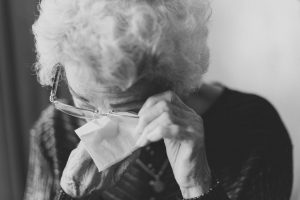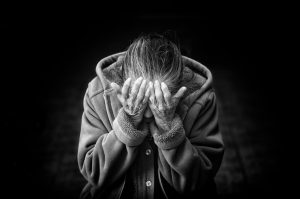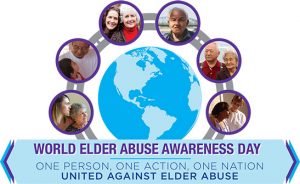 Title 22 specifies the standards according to which California nursing homes must adhere. Many of the standards aim to preserve the patient’s level of health and independence, even when it means more work for the nursing home staff. For example, it stipulates that patients must get enough exercise to preserve their mobility. In practice, this means that nursing home staff should provide walking assistance to patients who can walk with assistance rather than transporting them in wheelchairs. Likewise, it prohibits feeding tubes for patients who are capable of oral feeding, even if they require assistance with feeding. In general, it requires nursing homes to provide patients with the kind of health maintenance care that it would be difficult for them to get outside the nursing home. Therefore, when a nursing home unjustly evicts a patient, and the patient loses the state of health that she had been able to maintain while living at the nursing home, it could be a case of elder abuse. This issue is at the center of a lawsuit currently being argued in California courts.
Title 22 specifies the standards according to which California nursing homes must adhere. Many of the standards aim to preserve the patient’s level of health and independence, even when it means more work for the nursing home staff. For example, it stipulates that patients must get enough exercise to preserve their mobility. In practice, this means that nursing home staff should provide walking assistance to patients who can walk with assistance rather than transporting them in wheelchairs. Likewise, it prohibits feeding tubes for patients who are capable of oral feeding, even if they require assistance with feeding. In general, it requires nursing homes to provide patients with the kind of health maintenance care that it would be difficult for them to get outside the nursing home. Therefore, when a nursing home unjustly evicts a patient, and the patient loses the state of health that she had been able to maintain while living at the nursing home, it could be a case of elder abuse. This issue is at the center of a lawsuit currently being argued in California courts.
Details of the Case
A nursing home in Sacramento, California sent a patient to the hospital for a psychological evaluation after she reportedly began behaving aggressively at dinner and throwing table utensils. Physicians at the hospital examined the patient and determined that she was fit to return to the nursing home; in fact, they did not find anything wrong with her. They sent her back to the nursing home, but it refused to re-admit her. According to California law, nursing homes are required to reserve a patient’s bed for seven days when a patient is hospitalized. Likewise, the nursing home did not give her advance notice before she went to the hospital that they would not let her back in when she returned, which is also a violation of the rules.
 San Francisco Injury Lawyer Blog
San Francisco Injury Lawyer Blog




